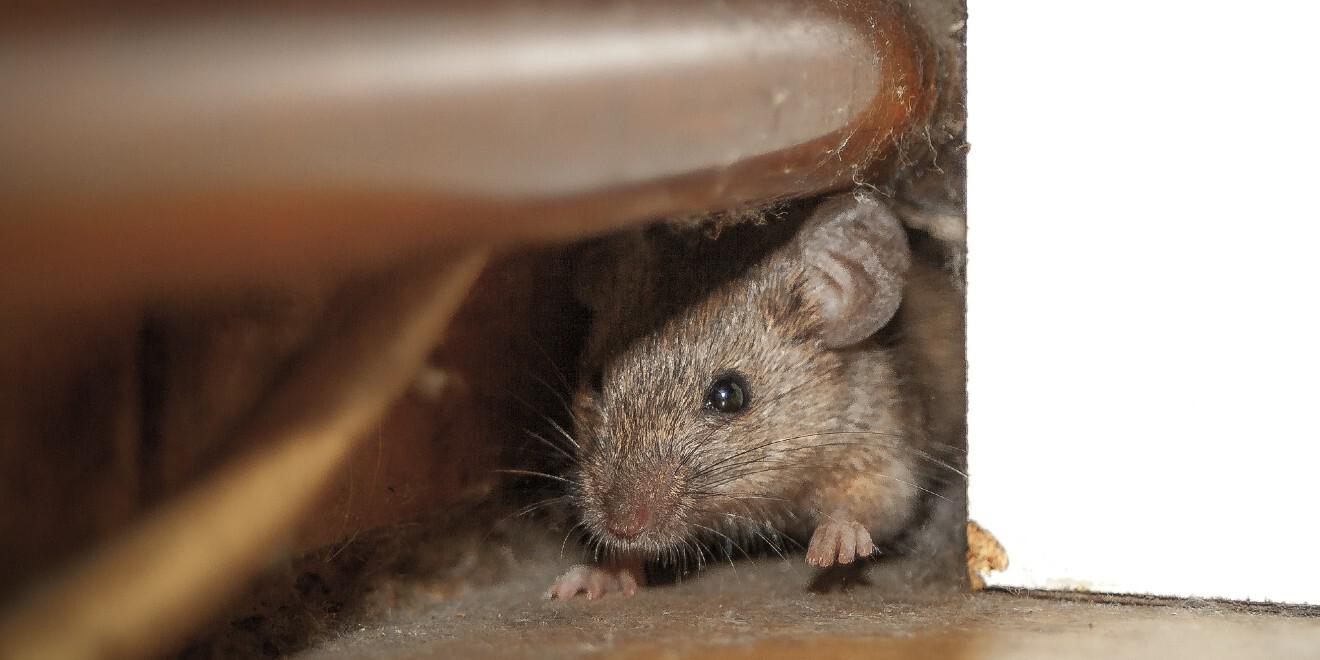What is a Seed Tick?
Posted by Mosquito Squad
February 9, 2024
Seed ticks are often mistaken for tick nymphs, but they are different.
Seed ticks, a common term in the world of tick control, often create confusion. This confusion arises primarily from their close resemblance to nymph ticks. However, understanding the difference between these two stages of tick life is crucial for effective tick management and prevention. Simply put, a seed tick is a tick that is in its larval stage. All ticks, every species, go through this phase of life.
Seed ticks represent the earliest stage of a tick's lifecycle after it emerges from the egg. These tiny creatures, no larger than a grain of sand, are often overlooked due to their minuscule size. Yet, their presence is significant, especially during peak activity months like July, August, and September. Despite their size, seed ticks are capable of latching onto hosts, making them a concern for both humans and animals.
What is a nymph tick?
A tick progresses to the nymph stage after its initial larval phase, transitioning from a seed tick to a nymph tick. This change is marked by a slight increase in size, with nymph ticks being comparable in size to a poppy seed, while seed ticks are closer in size to a grain of sand. Despite their small size, nymph ticks are more likely to be noticed than seed ticks due to their slightly larger size and increased activity.
Are seed ticks as dangerous as nymph ticks?
While seed ticks are less likely to transmit diseases compared to their adult or nymph counterparts, they are not entirely harmless. Their sheer numbers can pose a risk, as they often attach to hosts in large groups. This can lead to intense irritation and potential secondary infections. You never know what ticks have fed on, so it is important to prevent them from targeting you in the first place. This is where professional tick control comes into play.
Tick Control Through Fall and Winter, by Mosquito Squad
An effective strategy for managing ticks, including seed ticks, involves disrupting their lifecycle. This is where the concept of tick tubes comes into play. Tick tubes are designed to target ticks in all stages of their lifecycle, including the larval stage. Tick tubes contain cotton balls that contain our tick control treatment. Mice and other rodents, which are not affected by this treatment, use this cotton in their nests. Ticks love to overwinter in rodent dens, so these cotton balls are a clever and effective way to use rodents as our allies in the fight against ticks. By eliminating ticks in their early stages, the overall tick population is significantly reduced, thereby decreasing the likelihood of encountering tick-borne diseases on your property.
For a comprehensive approach to tick control, visit Mosquito Squad Springfield.
Understanding the different stages of a tick's life, particularly the seed tick and nymph stages, is essential for effective tick management. While seed ticks are smaller and less likely to transmit diseases, they are still a concern due to their potential for irritation and secondary infections. Implementing targeted strategies like tick tubes can help disrupt the tick lifecycle and reduce tick populations effectively. For tick control you can trust, rely on Mosquito Squad of Springfield for all your tick control needs. Give us a call at (413) 418-3359.















